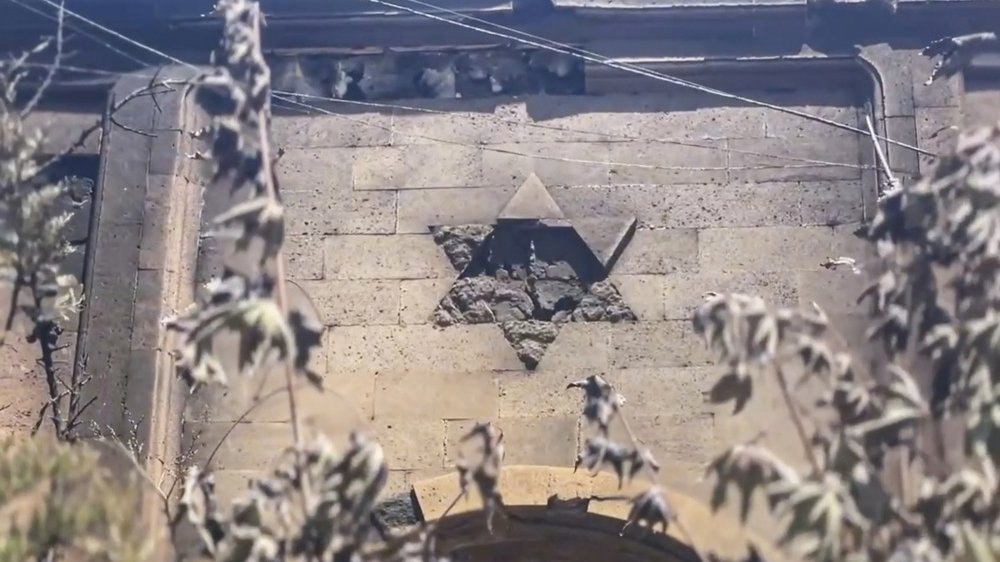A local branch of Islamic State (IS) may be behind the coordinated terror attacks that killed at least 19 people in Russia’s North Caucasus republic of Dagestan this weekend, the US-based Institute for the Study of War (ISW) said in its daily Russia briefing on Sunday.
The ISW said that Wilayat Kavkaz, Islamic State’s North Caucasus branch, was “likely” to be responsible for Sunday’s attacks, which targeted a synagogue and an Orthodox church in the city of Derbent as well as a police post in the Dagestani capital Makhachkala.
It cited a Russian-language Telegram post by Islamic State’s Afghanistan-based IS-Khorasan, or IS-K, branch, in which the group praised its “brothers in the Caucasus” for “showing what they were capable of”. The fact that IS-K did not claim responsibility for the attacks itself but instead made reference to “brothers” in the Caucasus suggests that the attacks were carried out by the Russian Wilayat Kavkaz, the ISW concluded.
The ISW also said that there had been warnings that Islamic State had become more active in Russia’s North Caucasus in recent months, with Wilayat Kavkaz having expanded its recruitment efforts in the region following March’s attack on Moscow’s Crocus City Hall, in which at least 145 people were killed by gunmen thought to be from IS-K and which the ISW said had been met by a “lacklustre” security response from the Russian government.
As in the immediate aftermath of the Crocus City Hall attack, some Russian officials rushed to blame Ukraine and the West for Sunday’s attacks in Dagestan. State Duma Deputy Abdulkhakim Gadzhiev wrote on Telegram that he had “no doubt” that the attackers were “connected to Ukraine and NATO’s intelligence agencies” and that the attacks were an attempt to “destabilise the situation within our country from the inside” amid Russia’s “successes in the special military operation”.
Dmitry Rogozin, the Russian-installed Governor of the occupied Zaporizhzhia region in eastern Ukraine, later contradicted Gadzhiev, commenting that Russia would experience “major problems” if it attributed every terrorist attack to “the schemes of Ukraine and NATO”.
The ISW summarised that Russia’s current approach to countering terrorism was likely to “remain tied up in rhetorical posturing against Ukraine and the West as opposed to identifying and neutralising IS threats within Russia itself”, while the Russian state’s “increasingly tense relationship” with Muslims in its North Caucasus regions were likely to provide extremist groups with a “valuable recruitment base”.
Subscribe to Updates
Get the latest creative news from FooBar about art, design and business.


